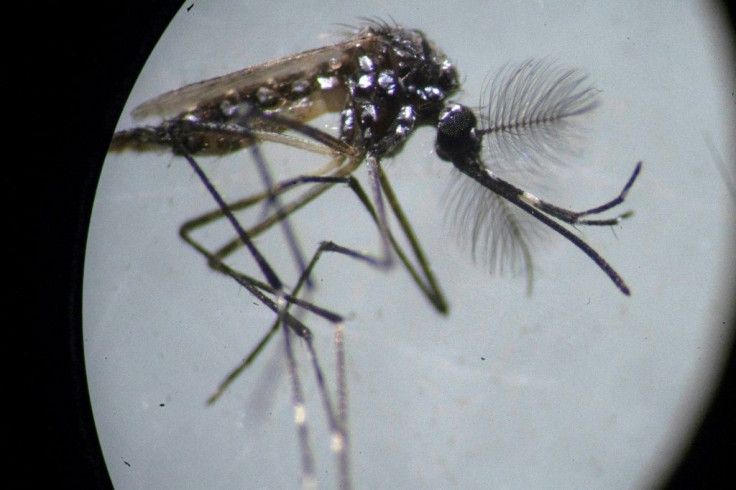
The Centers for Disease Control and Prevention (CDC) issued on Tuesday a health advisory regarding the increased risk of dengue fever cases in the United States, as cases are well on track to surpass last year's.
Concretely, 2,241 have been reported so far this year, most of them in the U.S. territory of Puerto Rico, whose authorities declared a health emergency in March after seeing a historical amount of cases. Last year, the entire country saw a little over 3,000 reported cases.
The alert advises health care providers to increase their suspicion of dengue when treating people with fever, especially if they come from areas with frequent transmission. The CDC is also improving and expanding laboratory testing to better diagnose cases, as well as educating the public on the disease and prevention methods.
Dengue cases are rising across the world as many areas see hotter temperatures throughout the year, with many Latin America seeing historical figures during the summer in the Southern Hemisphere.
In Los Angeles, where there has been a surge of mosquito presence, health authorities are resorting to genetically modifying specimens in hopes to decrease their population.
According to a report by NBC News, these lab-raised mosquitoes are all male and have been sterilized by radiation, so scientists hope they will impregnate females with dead-end sperm, making resulting eggs worthless. They are focusing on the Aedes aegypti species, which carries dengue fever.
"We know our residents are suffering," said Susanne Kluh, the general manager of the Greater Los Angeles County Vector Control District. California recorded its first two local cases of dengue last year.
"Everybody always said, well, our weather isn't suitable, but you know, the mosquitoes adapt and our weather has changed," Kluh said. "We get more moisture in the summer, and people create these ideal little moist mini climates in their backyards, with lush plants and everything."
The district released some 20,000 of these mosquitoes, which are dyed to look fluorescent under a black light, as it rolls out its pilot program. Males don't bite, so they shouldn't pose a danger to humans, authorities said. The goal is to release up to 60,000 mosquitoes per week as of next month.
Dengue-carrying mosquitoes are also now found on a regular basis in the southern parts of the United States, and have recently been reported in the Bay Area and in Washington, D.C. The Florida Department of Health has recorded 176 dengue cases so far this year. In all of 2023 the department documented 173 locally transmitted cases, most of them in Miami.
The vast majority of people were infected in Brazil or Cuba, among other Latin American countries. So far this year, only seven cases of local dengue have been reported in the state.
The U.S. does have a dengue vaccine. However, it's only authorized for children ages 9 to 16 who live in areas where dengue is endemic, including Puerto Rico, American Samoa, or the U.S. Virgin Islands.
© 2024 Latin Times. All rights reserved. Do not reproduce without permission.







